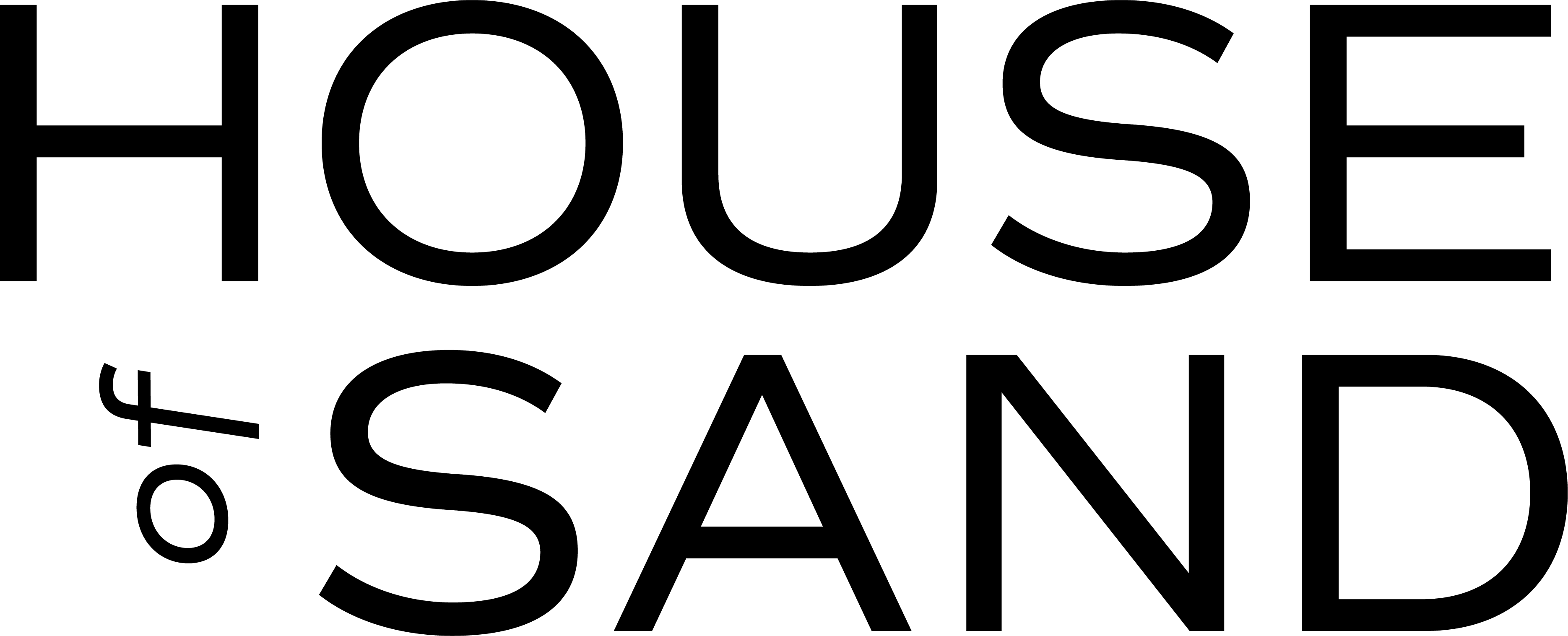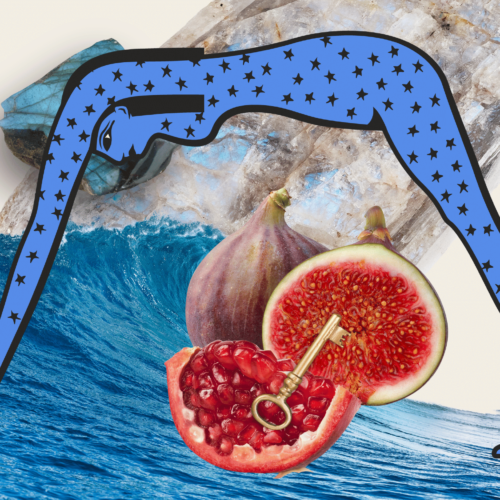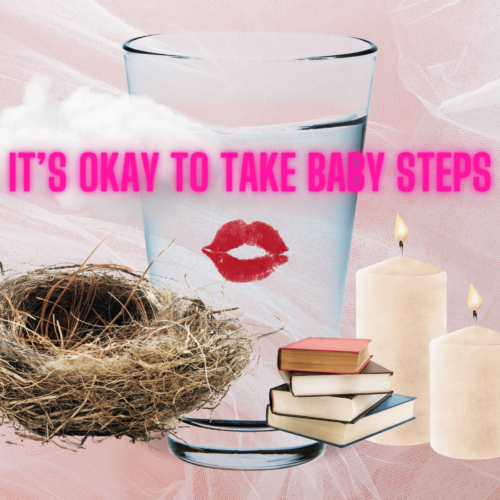As an adult, I’m learning to understand the nature of communication with new depth. My revamped version goes like this: learning to converse with the world around me is an art that involves listening, asking, and then listening—and creating a safe container for communion with yourself and others. Safewords create pathways for receptivity while honoring your healing journey. Learn how to use a safeword in relationships with children, friends, and the divine.
Why We Need Safewords
Words are the spells we cast. However, words can fall short in communication, especially when healing from unhealthy patterns and low self-worth.
To Know Limits
I often play this game with my son about body language: we try to guess the meaning of different facial expressions and body language. For example, if he asks me if I want a hug, but I cross my arms and turn away, the answer is likely no.
When I was a kid, my parents would ask permission or encourage my brother to ask me to share (say, for a bite of my ice cream or a new toy), but if I answered no, they replied with an invalidation or a judgment of character. Their reply might be (cue faux waterworks), “You don’t need all of that,” “Don’t be selfish,” “But I need XYZ,” or “Kind kids share.” I get it that this was the norm back then for a variety of reasons, namely that the understanding of brain development was nascent and consent was a foreign concept.
Asking permission was often an empty social grace to create the illusion of consent.
I’m untangling a lot of confusion stemming from this dynamic. I’ve worked for years with my therapist to integrate phrases like, “No is a complete sentence.” Sigh. I recognize that many people are terrible at communicating their needs because they weren’t allowed to have them. I also know that sometimes our words differ from the responses we feel in our bodies—this is a dissonance that creates a tender space for healing.
Enter the beauty of a safeword. It is an opportunity to create a strategy for safety, communication, trust, communion, and connection—with yourself, friends, children, and the universe. And, woah, this is healing.
To Ask For Help
Struggling to ask and receive support is a universal challenge. As a woman, I am untangling the layers of patriarchal conditioning that lead to this in myself. Here are my musings and inherited beliefs:
- When I have asked for help, my requests were ignored or co-opted, and my needs downplayed
- After hardships, not asking for help is also judged, as if it was my fault that others were incapable of attuning to my needs
- Receiving help leaves me indebted because support is transactional
- If I ask for help, I am a burden, and that is a terrible thing for a woman to be
- My family of origin weaponized vulnerability
- Codependency makes asking for help complicated
Safewords can create a container that softens the discomfort of asking for help.
When you have a healthy, intimate relationship, asking for help and making requests is essential. You may need to practice receiving help safely.
Safewords Are Signals
You cannot stop the waves of life that crash upon the rocky crags that hold you up, but you can signal to the nearby ships that you are out of commission, danger is on the horizon, follow the light, etc.
What Is a Safeword?
A safeword is a predetermined word, phrase, signal, or symbol that elicits an agreed-upon action or series of actions.
Creation of Space Is Essential For Consent
- Consent is complex: you may have learned some strange nuances to consent. Consent is a common topic in our household while raising a toddler. Here’s how to lead with consent:
- Ask permission
- Create guidelines
- Ask rather than assume
- Assume no until you have an emphatic yes
- Attune to the experiences of others
- Give task or time-based instructions
- Make clear requests
- Use safewords with predetermined behavioral strategies
I don’t do any of this perfectly, but I love this framework because it leads to a critical consent component—creating space.
Artichokes! For Respectful Play
I often think about how little control toddlers have over the world. How frustrating that must be—needing help to open a snack, adults rushing you when building a sand castle, or being unable to communicate your needs. In my family of origin, play or roughhousing often went south and ended in tears. While I wanted the connection from that experience, it seemed to always get out of hand, had unclear rules, and I felt unheard when I’d had enough. There was no clear way to indicate when it was going overboard. There was a message: “That’s what you get when you play” or “If you want to join, stop being so sensitive.”
Imagine a child laughing while being tickled and saying, “Stop.” These are conflicting signals where body language may trump verbal language. It was almost like the cost of the experience of physical play was the concession of autonomy.
Teaching a child respect for others starts with providing respect to that child. When my son was young, maybe three, we agreed on a safeword he could use when he needed space or wanted whatever he was experiencing to stop immediately. The most frequent use is during play or tickling. However, this consent-based approach gives us all space to play freely within agreed-upon bounds. When we give others respect, we learn the foundations of consent.
Our safeword is private, but here are some suggestions: Artichokes, seashells, keyboards, scissors, and croutons!
We recently started working with a hand symbol as well. It indicates when either of us needs care and attention or feels uncomfortable and needs help. We can use this system in social settings, such as playdates or busy restaurants, and keep a clear line of safe communication between me and my child.
Eggplant Emoji For Help From a Friend
Having a baby in the pandemic was hard. Yes, I got to be very present with our newborn, but with little support or physical help. While we got a lot of time together, the quality of time together was diminished due to exhaustion, strange competing priorities for time (like getting groceries when food availability was limited or getting food was dangerous, or sanitizing the bejeezus out of everything), and fear of losing our income and economic collapse. No one held our son beside us and his pediatrician until he was six months old.
My neighbor and dear friend had a baby two months before me. We’ve ridden the waves of chaos and exhaustion together. We paired up during the pandemic, walking six feet apart, holding each other’s babies, and admiring them close up when we felt safe.
When the kids started school and were incessantly sick, we were trying to keep our businesses afloat. We’d be caring for sickies. Or worse, we’d all go down and keep our families afloat while very ill—and it was hard. There were many days when I was not okay, and there was no relief. Sometimes, friends would say, “How can I help?” or “Why don’t you ask for help?’ but I found that hard. In those moments, I forgot that I needed sustenance or was unsure what to ask. Let’s be honest: I was concerned about being indebted in a transactional way (that’s an exploration for another time). Recovering from enmeshment and codependency learned in my family of origin, I struggled to receive or ask for help.
I’ve had some wonderful friends help me heal from my wounded receptivity. Enter the eggplant.
My friends and I had an illuminating discussion on receptivity counterbalanced with our fundamental need for support. Here are the revelations:
- We sincerely need support and are often struggling
- We care about each other and each other’s kids so much
- We feel helpless when the other person is suffering and wish there was a way to be helpful
- We find it hard to ask for help and sometimes feel we don’t know what to ask for, even if we know we need help
- We tend to decline help when it arrives: “Let me know if I can get you anything.” As women in a patriarchy, this may stem from the overwhelm of the mental load of knowing what you need during hard times, or it could come from that feeling of “you shouldn’t ask for anything” belief from childhood—that is an exploration for another time
With our tenets of care clear, we agreed on a safe emoji—the eggplant. We also decided that should we have an “eggplant day,” several things identified ahead of time that would help: pho, smoothies, or coffee or tea.
Now, when sh*t gets real, and we’re down for the count with RSV or whatever the contagion du jour is, our conversations go something like this:
“Is it an eggplant day?”
“Yes.”
“Help is on the way.”
The beauty is that when we say no, we also trust that the other person means it. I love healing with this amazing friend.
Green Grass For Communion With The Universe
I have felt overwhelmed, exhausted, and ill in ways that have warranted scream-crying into the void, “Enough!” as if this demand of the universe will make it so. I’ve found a tender voice is more compelling.
During a group meditation experience, I had a long visual journey through different landscapes but returned to a bed of luscious, green grass. I lay on a grass bed with the sunshine dancing on my skin. The grass was growing so slowly, and I could sense its glacial growth in a primal way. I was perplexed by this vision and asked the teacher about it afterward.
I asked the teacher, “What does it mean?” She replied, “Slow growth, like the green grass. Ask the universe for slow growth.” (I’m amazed by my obliviousness, as their answer was so obvious.) It was true. I often tunnel through transformations in a way that leaves me wind-whipped. I was craving slow and steady growth on a verdant bed of grass and sunshine. When I feel overwhelmed, I tune into this prayer for growth, “Slowly, slowly, like green grass, I grow in the sunshine.” Just because I make this request doesn’t mean the change relents. It creates space where I recognize that I need guidance or permission to rest.
Lay down in the grass with me, and let the sun shine on your face. You’re welcome to use this safeword phrase or find your own.
Spellcast: Create a Safeword With Spirit
Choose a word or phrase to work with. Use this word in communion with the divine, spirit, universe, highest self, or whatever resonates with you.
Write the terms of the agreement, even the subtle ones. You may agree that this word will elicit acts or thoughts of self-kindness, grant permission for radical self-care, or indicate your need for space and deep breathing before the next wave of life starts to rise.
Here are some ideas. When you say this phrase, you will:
- Request assistance from a friend or guidance from ancestors
- Tune into symbols and messages of encouragement, perhaps agreed upon in advance (like feathers or crows)
- Will take space or deep breaths right now
- Prioritize your well-being through a predetermined set of actions
- State your need for space or transformation at a slower pace
- Seek resources, mentorship, tools, advice, or support
- Draw a specific symbol 100 times or dance for 5 minutes
- Take a nap
Practice your new agreement. Rework these steps with loved ones as you wish.





